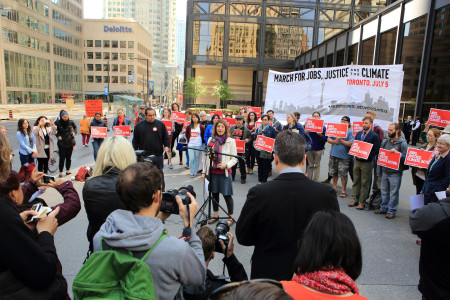Plunder and romanticism are so rife precisely because ordinary citizens are insufficiently informed about the opportunities and threats that nature poses to have forced governments into effective regulation. In the task of building an informed citizenry the starting point is an ethics of nature that people in societies with widely different value systems can understand and accept. Neither the romantic variant of environmentalism that sees nature as an end in itself, nor the austere universalism of economic Utilitarianism, can provide such a foundation. The most difficult wars to win are those that must be fought on two fronts. It is more straightforward, psychologically more satisfying and dramatic to have only a single enemy. The romantics among environmentalists and the Utilitarian Platonic Guardians among economists see nature as a single-front war. The romantics regard economic growth as the enemy; the Platonic Guardians regard the values of ordinary citizens as the enemy. But most struggles in development are not like that: sanity lies in the middle rather than at the extremes. Aid provides an example. It is neither a panacea nor a menace.
Collier, Paul. The Plundered Planet: Why We Must – and How We Can – Manage Nature for Global Prosperity. 2010. p. 12 (paperback)

